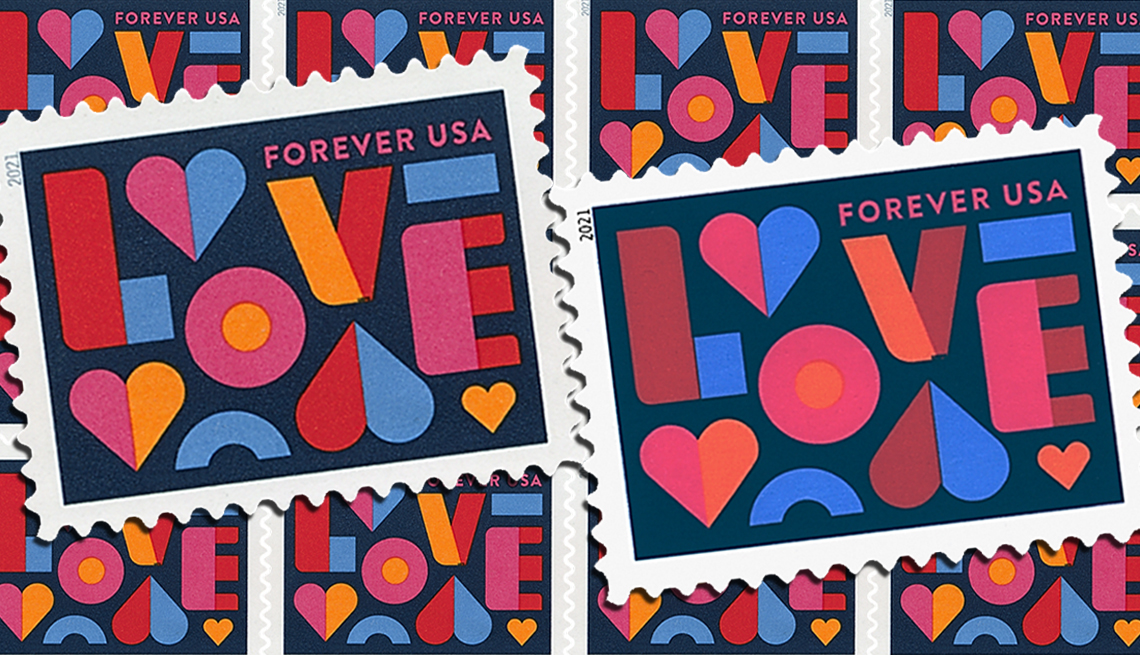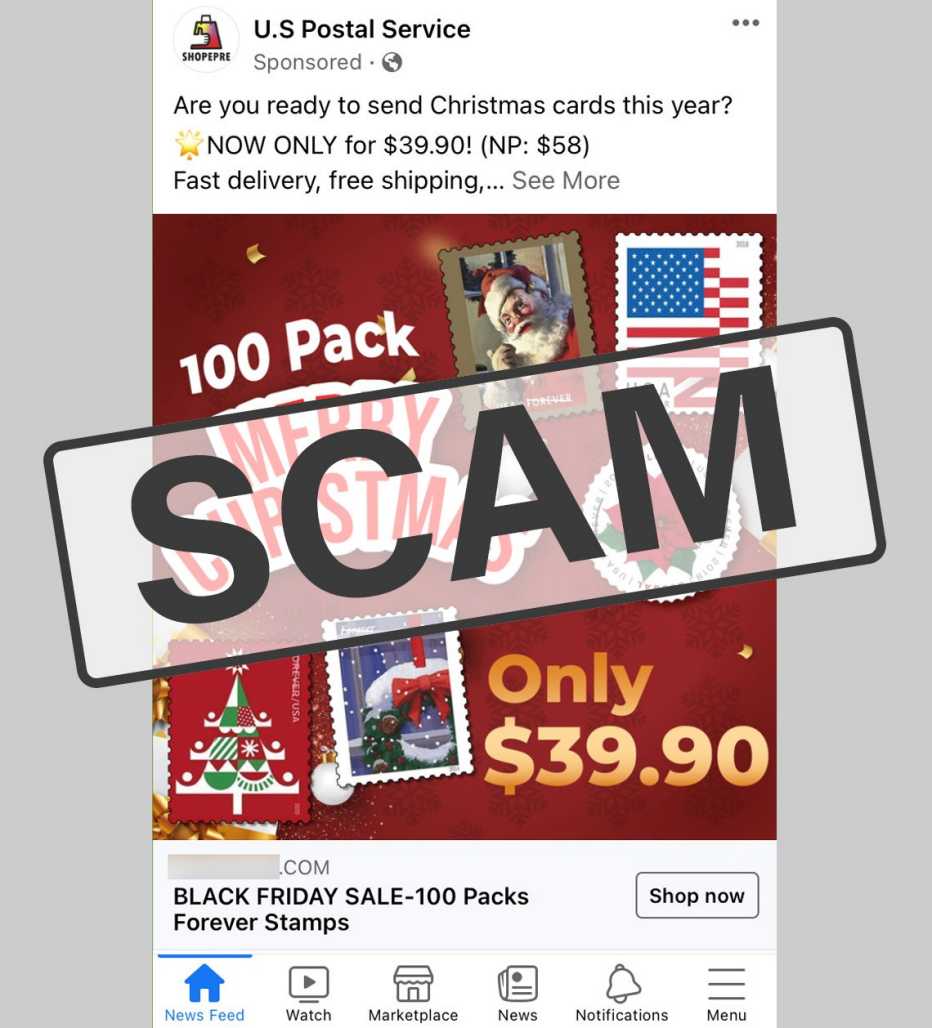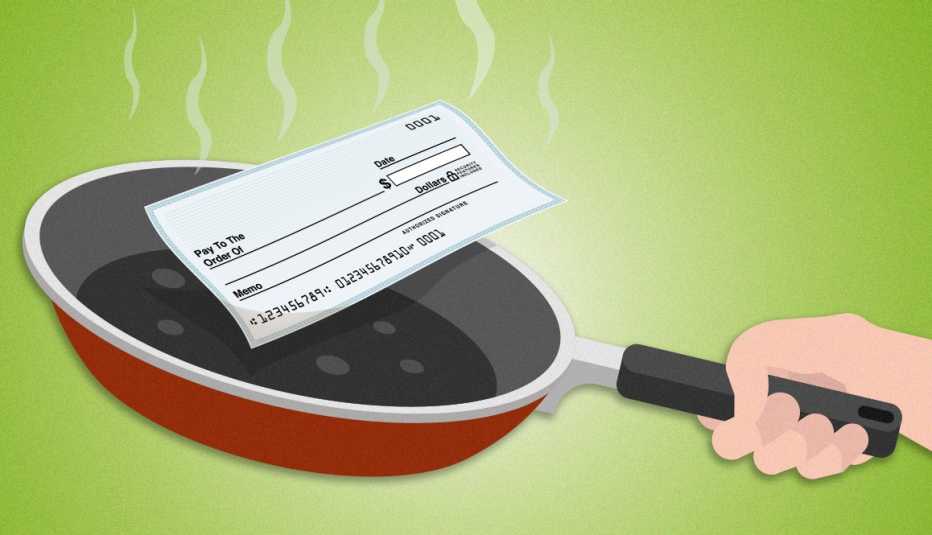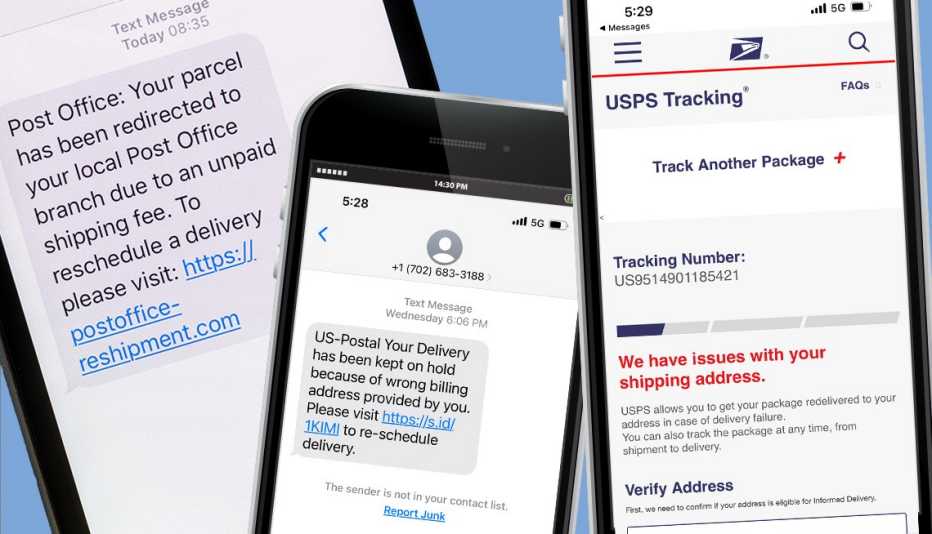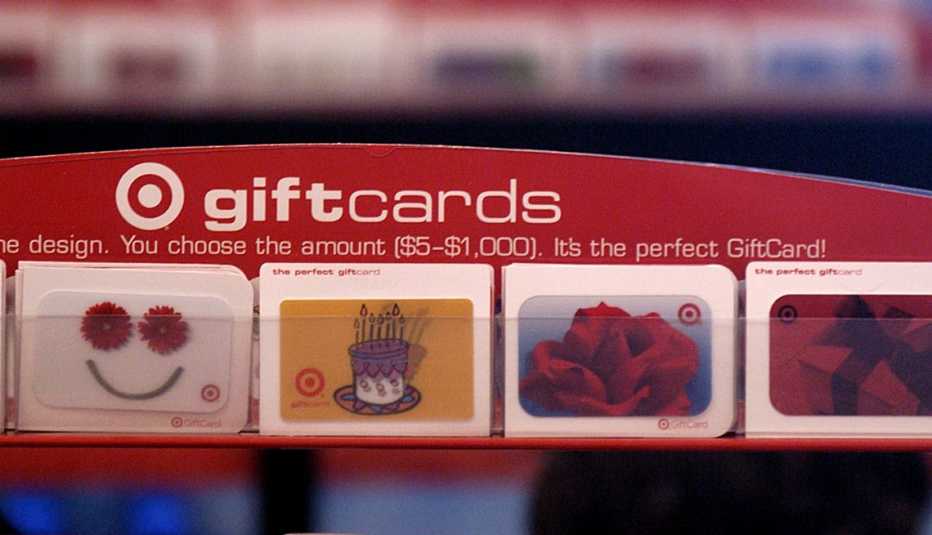Staying Fit
A Forever stamp now costs 68 cents, a price that may tempt some bargain hunters to look for discounted stamps online. Unfortunately, that’s a good way to end up with counterfeit U.S. postage. A growing crime involves fake U.S. stamps printed overseas and smuggled into this country for sale online. The fraudulent activity hits the U.S. Postal Service (USPS) with multimillion-dollar revenue losses and leaves unwitting buyers stuck with worthless fake postage.
Increase in fakes
The counterfeiting of U.S. Forever stamps — which can be used to mail a one-ounce letter “forever,” even if prices rise — grew exponentially in 2021, says Jay Bigalke, editor in chief of Linn’s Stamp News in Ohio. U.S. flag stamps are most often counterfeited, according to Bigalke, as are many commemoratives. In 2023 he published a catalog of about 750 different Forever counterfeits, most from the last 10 years. Since then he’s identified at least 200 more. “It’s hard to keep up,” he says.


AARP Membership— $12 for your first year when you sign up for Automatic Renewal
Get instant access to members-only products and hundreds of discounts, a free second membership, and a subscription to AARP the Magazine.
USPS confirms the recent uptick in fake-stamp schemes: “Within the past three years there has been an increase in sort of high-quality counterfeits originating overseas,” says Michael Martel, a postal inspector and agency spokesman for the U.S. Postal Inspection Service, USPS’s law enforcement arm.
Fake postage labels on packages is another problem. A 50-year-old Los Angeles woman who ran a shipping-and-postage firm was charged last year for allegedly using counterfeit postage to ship more than 9 million pieces of mail over six months in a scam that authorities said cost USPS more than $60 million.
Fighting postage fraud

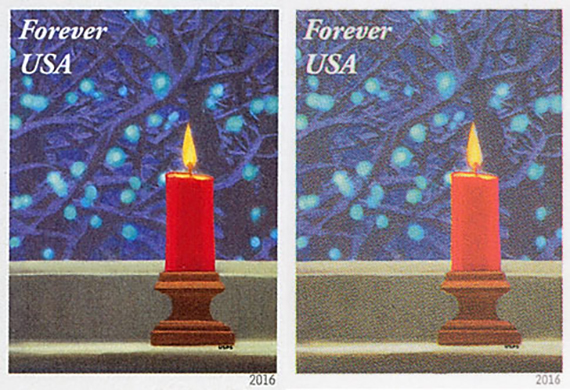
Last year a new rule to attack the problem took effect, allowing USPS to consider mail affixed with counterfeits “abandoned,” and then destroy it. USPS spokesman Albert Ruiz declined to say definitively whether, under the new rule, any such mail had been destroyed. The good news: Some perpetrators do get caught. A South Carolina case resulted in guilty pleas last year from Bruce and Lisa Quimby, who purchased counterfeit Forever stamps from China to sell online. Authorities said the pair stole $609,900 from buyers of the fake postage.



























































